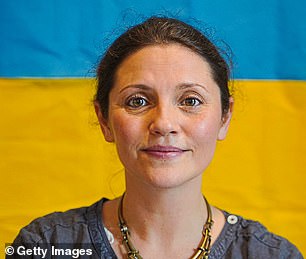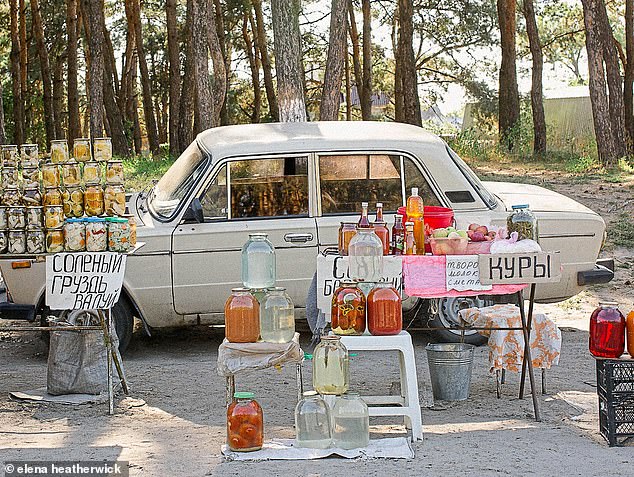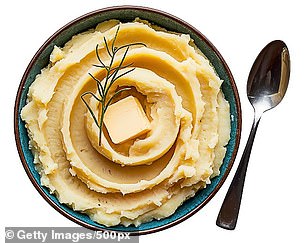My first food memory is of my mum, Olga, chopping the first cucumber and tomatoes of the season into an enamel bowl. I remember it so well – the intoxicating smell and sound they made as they hit that bowl.

Olia Hercules, chef and food writer
We cooked and ate with the seasons. We lived in the south of Ukraine with this beautiful, fertile black soil, so my family grew their own stuff. But there were no supermarkets, and it was really tough in the 1980s. I think one of the reasons why the Soviet Union finally crumbled was because of the huge food shortages. The queues for bread and meat were insane – people would sell you their places in them – but if you knew someone or grew your own food, it was fine.
When I was growing up, my mum did the lion’s share of the cooking, but my dad Petro was an amazing cook, too. My older brother Sasha and I didn’t cook – we just ate. But I was a really picky eater and, in extreme situations, my dad would step in and make his special broth: water, whole onion, carrot, some vermicelli, potatoes, chopped boiled eggs and lots of dill. I’d eat whatever he gave me when I was having those meltdowns.
I was at primary school when the Berlin Wall came down, and Ukraine became independent on the first day of my next school in 1991. I remember suddenly everyone was eating ‘pizza’, which wasn’t really pizza at all, but rather Ukrainian dough formed into a small, thick round. It had marie rose sauce on top and some really bad frankfurter sausages, and it was the most delicious thing.
We never really had a culture of sweets and snacks. But in the early 90s, little kiosks began to pop up along the side of the road, along with babusi (grandmas) selling chocolate bars. If my parents gave me some money, I’d buy a Lion bar, which I loved so much I would stretch it out, taking a whole hour to eat it.

In Ukraine jars of fermented food are a big part of life
There are very few foods now that I don’t like, but avocado is one of them. There was also the boiled milk we were forced to drink at school, with a skin on top – it would make me gag.
My comfort food is mashed potato, the way my mum makes it – loads of butter and milk, and served with pickled cucumber. The sourness and the comfort of the potato really whisks me back home.
I have a shedload of homemade fermented pickles in the fridge, much to my husband’s dismay. Fermentation – which I teach classes in – is a big part of Ukrainian culture. We ferment everything, and so I always have lots of jars filled with anything from watermelon and tomatoes to aubergines and wild garlic flowers.
My hangover cure is a bit of pickle brine. It really sorts you out. My dad wasn’t a big drinker, but if he came back from a wedding or something like that, the next morning you’d see him take out this massive three-litre jar of fermented cucumbers and just drink the brine. It’s the best.

Olia loves her mum’s mash
My favourite meal was probably the last summer in my parents’ house, before the Russian invasion. We made hand-cut noodles, my mum cooked a goose and there were massive peaches and tomatoes from her garden, too. I’ll never forget Wilfred, my youngest, eating a peach and being covered in its juice. It was sunny, wonderful and delicious, and a taste of a very different time.
FSB [security service] agents have taken over our house now, and our town is occupied by Russians. I don’t know if we’ll ever be able to go back. My parents lost everything and had to flee. My mum is in Berlin but my father refused to live there on benefits. He is back in Ukraine and turning an old tractor into a minesweeper. My dad always gives me hope.
My last supper would be my mother’s varenyky [Ukrainian dumplings], made out of syr cheese, and swimming in butter and sour cream. That’s my last dish on earth, for sure.
Olia’s new book Strong Roots: A Ukrainian Family Story of War, Exile and Hope is out now (Bloomsbury, £20). To order a copy for £17 until 13 July go to mailshop.co.uk/books or call 020 3176 2937. Free UK delivery for orders over £25











